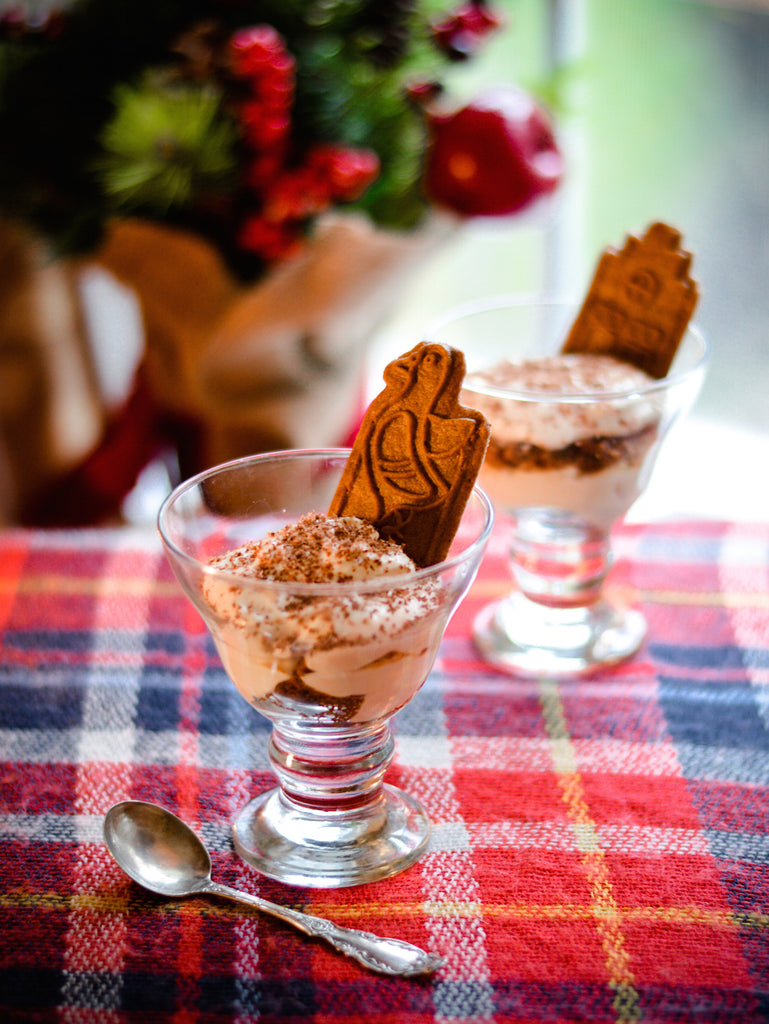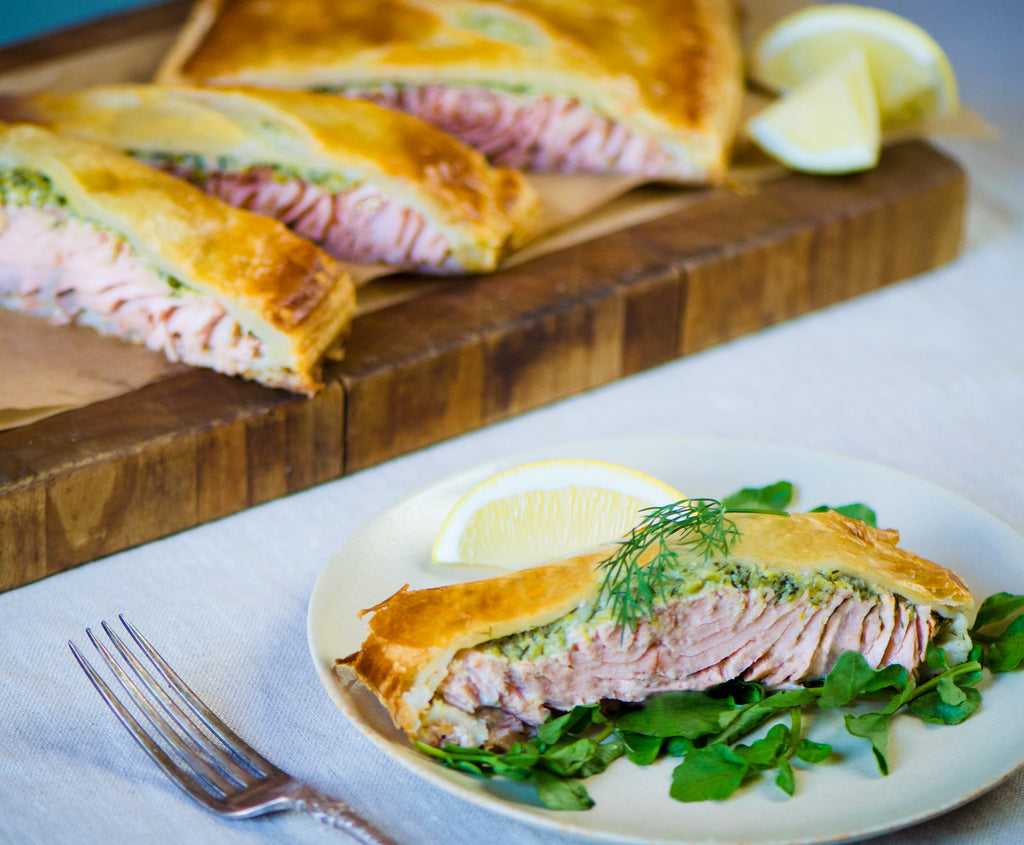
I didn’t think it was possible for me to be more impressed by Steve Sando and all he’s done to raise awareness of heirloom beans. That was until I found out that my culinary hero, Marcella Hazan, was not only a fan and a customer but also the inspiration for Steve to bring Marcella’s favorite bean, the sorana, to America. The two food luminaries sadly never met but Steve kept her updated on the progress of his first crop and just as he was ready to send her the first bag, he got the devastating news of her death. Now the aptly named ‘Marcella’ bean is available to us all and a wonderful tribute to the woman who did for Italian food what Steve has done for the bean.
I’ve used them here in a recipe that reminds me of summer, something I’m craving right now as the temperature drops. Ricchi e Poveri (Rich and Poor), was a staple on Italian menus in the 70’s and a dish that my mother often made for me growing up. The rich being the seafood and the poor being the beans. The seafood can be anything from lobster to a mixture of shellfish from prawns to mussels. The dressing is simple; just garlic, extra virgin olive oil, salt and some chopped parsley – I think Marcella would approve.
Ricchi e Poveri
Serves 4-6 as a starter
Ingredients:
3 cups of cooked Marcella Beans (see note below), or any type of cannellini beans
1 lb. shellfish (I used a mixture of 1/2 lb. prawns and 1/2 lb. rock shrimp)
1/4 cup vermouth
1 garlic clove (smashed)
1/4 teaspoon salt
3 tablespoons extra virgin olive oil
1 tablespoon lemon juice
1/4 cup chopped fresh parsley
Method:
1. In a large pan, bring 2″ of water to a slow simmer and add vermouth. Add the seafood and gently simmer for 2-3 minutes until just cooked through. Drain immediately and add to a bowl.
2. In a large bowl, mix the garlic, salt, olive oil and lemon juice. Remove the garlic and then add the cooked beans and seafood and stir gently.
3. Add the parsley and check for seasoning. Serve warm with crusty bread.
To cook the beans:
A good heirloom bean needs little more than water and some salt. As Steve says, even though these beans are small, you should take your time and gently allow them to fully cook. They are edible quite soon after you start but the real creaminess comes with time and low, slow and gentle heat. I threw in some carrots and celery to the water because I had them on hand but they are not necessary. Cover the beans with cold water and bring to a very gentle simmer. Taste after 45 mins to see how they’re getting on – you’ll know when they’re ready.

















